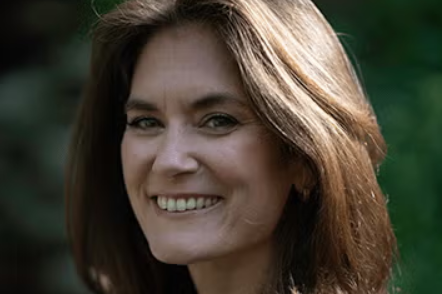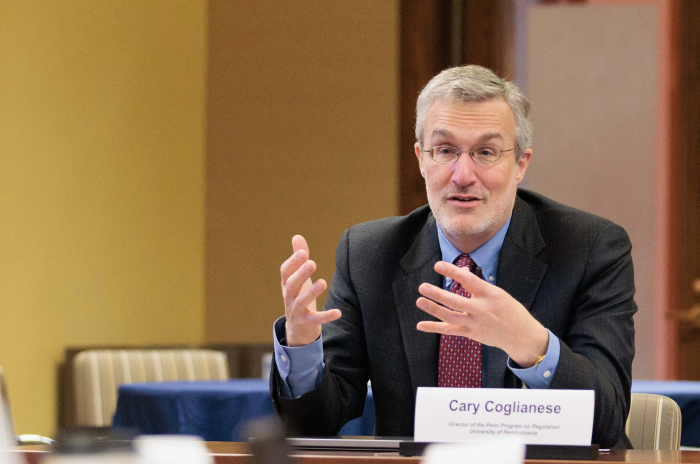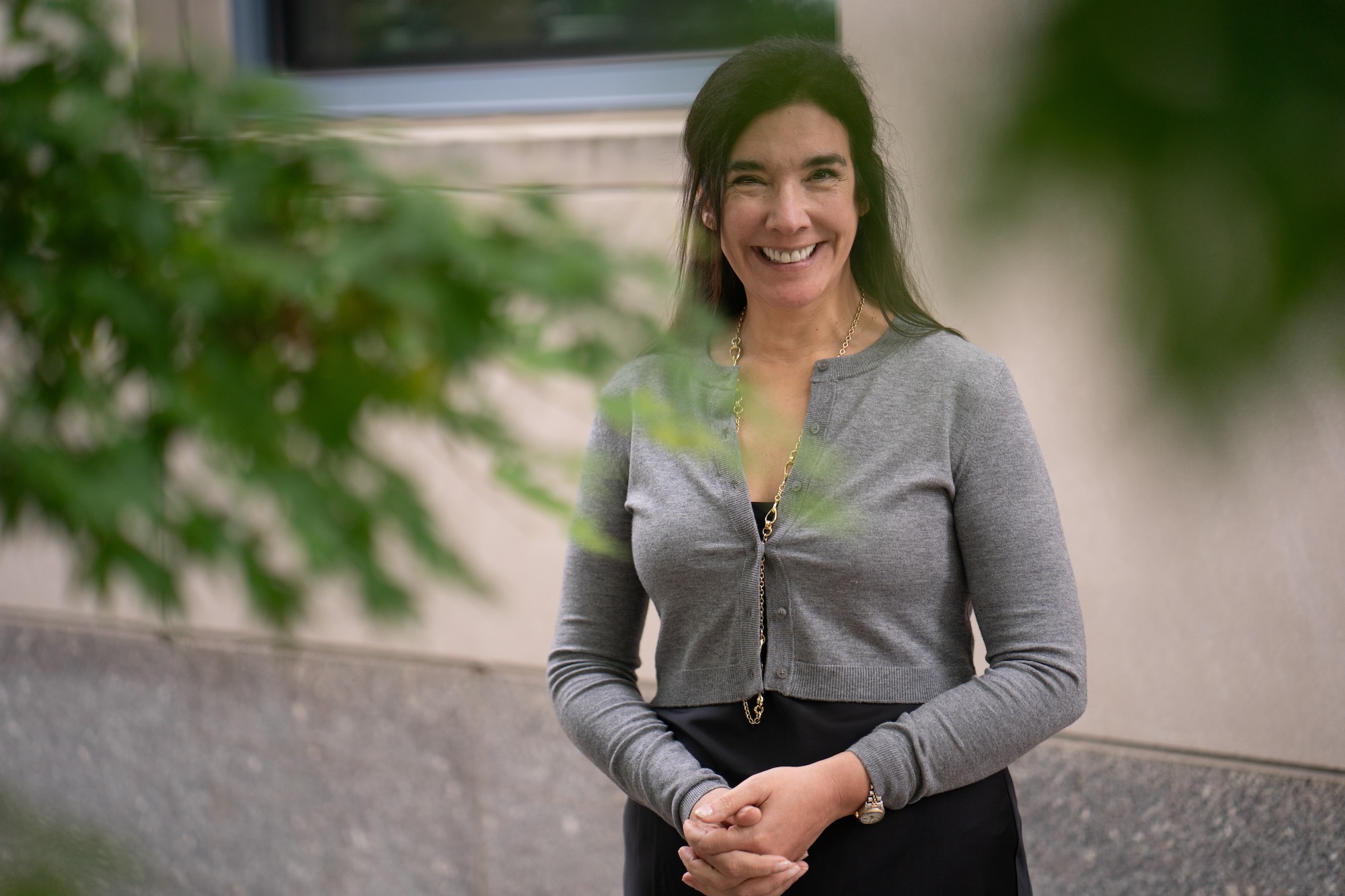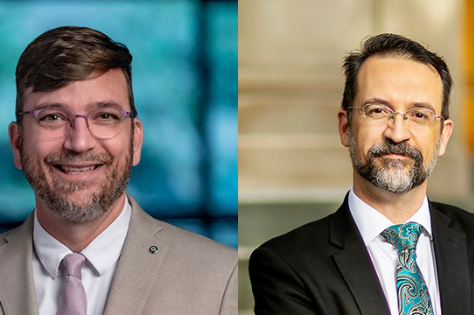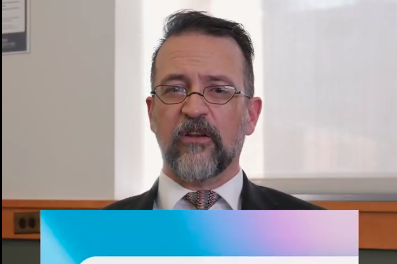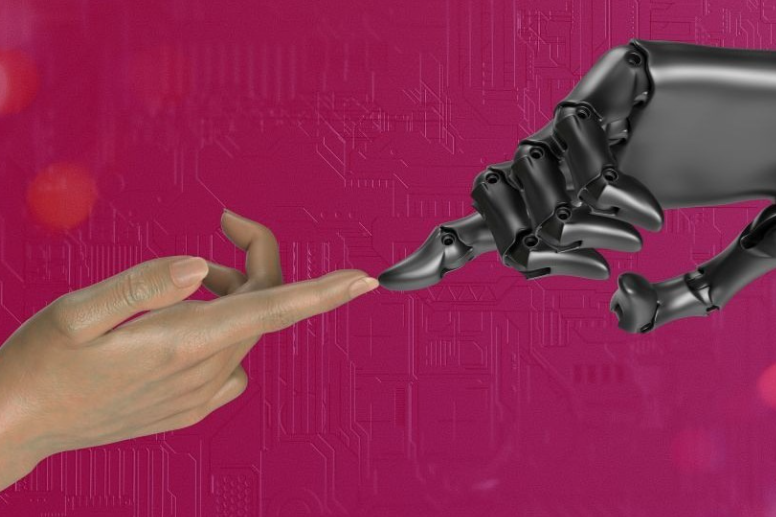
Mystery Force Behind the Universe’s Accelerating Expansion May Not Be So Constant After All
Dark energy may not have always provided a steady push as cosmologists have assumed for decades. Instead, recent data adds more evidence that the universe’s expansion accelerated faster in the past than it is doing now. “I think the implications for cosmology are going to be profound,” said Bhuvnesh Jain.
